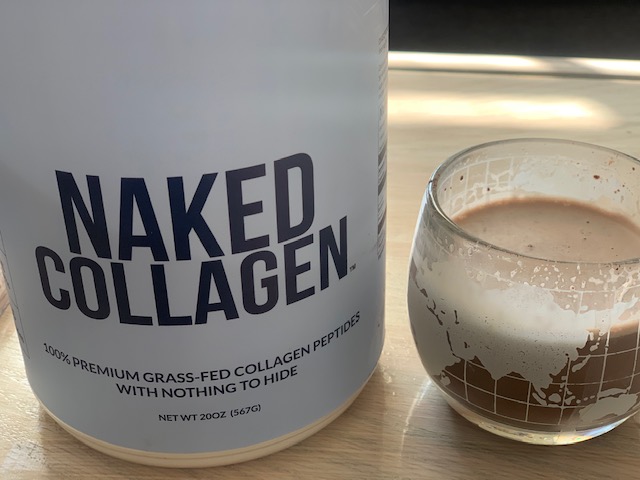In the quest for eternal youth and vibrant health, collagen has emerged as a buzzword in recent years. From skincare products to dietary, collagen seems to be everywhere. But what exactly is collagen, and why does it matter? In this comprehensive guide, we’ll delve into the world of collagen, exploring its role in the body, its potential benefits, and how you can incorporate it into your lifestyle.
Understanding Collagen
Collagen is the most abundant protein in the human body, making up a significant portion of our skin, bones, muscles, tendons, and ligaments. Think of it as the glue that holds everything together, providing structure, strength, and elasticity to various tissues.
There are different types of collagen, each serving a specific function. Type I collagen, for example, is prevalent in the skin, bones, and tendons, while type II collagen is found in cartilage. As we age, our body’s natural collagen production begins to decline, leading to wrinkles, sagging skin, joint pain, and other signs of aging.
The Benefits of Collagen
Given its crucial role in maintaining the body’s structural integrity, collagen offers a myriad of benefits:
- Skin Health: Collagen is often hailed as a fountain of youth for the skin. It helps maintain moisture levels, improves elasticity, and reduces wrinkles and fine lines, resulting in smoother, more youthful-looking skin.
- Joint Support: As cartilage deteriorates with age, joint pain and stiffness can become common. Collagen have been shown to support joint health by promoting cartilage regeneration and reducing inflammation, potentially easing discomfort and improving mobility.
- Bone Strength: Bones are made up of collagen, which provides them with strength and flexibility.
- Muscle Mass: Collagen plays a role in muscle growth and repair, making it essential for maintaining muscle mass and strength, particularly as we age and muscle mass naturally declines.
- Gut Health: The gut lining is composed of collagen, which helps maintain its integrity and prevents leaky gut syndrome. Incorporating collagen into your diet can support digestive health and may alleviate symptoms of conditions like irritable bowel syndrome (IBS) and leaky gut.

How to Increase Collagen Levels
While our bodies naturally produce collagen, certain lifestyle factors can accelerate its breakdown, including poor diet, sun exposure, smoking, and excessive stress. To optimize collagen production and maintain healthy levels, consider the following tips:
- Eat Collagen-Rich Foods: Include foods like bone broth, chicken skin, fish, and egg whites in your diet, as they contain collagen or provide the building blocks necessary for its synthesis.
- Protect Your Skin: Minimize sun exposure, quit smoking, and adopt a skincare routine that includes sunscreen, moisturizers, and serums containing ingredients like vitamin C and retinol, which support collagen production and repair.
- Stay Active: Regular exercise, particularly strength training, can stimulate collagen synthesis and help preserve muscle mass and bone density.
- Manage Stress: Chronic stress can accelerate collagen degradation, so prioritize relaxation techniques like meditation, yoga, or deep breathing exercises to keep stress levels in check.
Conclusion
Collagen is not just a passing trend but a vital component of overall health and well-being. By understanding its importance and taking proactive steps to support collagen production, you can enjoy the benefits of youthful skin, strong bones, flexible joints, and a healthy gut well into old age.
Remember, consistency is key when it comes to reaping the rewards of the Best marine collagen and lifestyle modifications. So whether you’re sipping on a collagen-infused smoothie, slathering on a collagen-rich moisturizer, or hitting the gym for a collagen-boosting workout, prioritize your collagen intake and make it a cornerstone of your health regimen.
